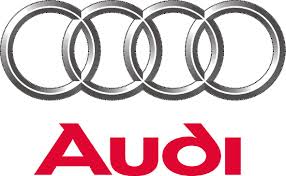A4 Mk1
|
Checking electronic engine power control (electronic throttle)
Function of the electronic throttle system
In the electronic throttle system, the throttle valve is not operated by a cable connected to the accelerator pedal. There is no mechanical connection between the accelerator pedal and the throttle valve. The throttle valve is actuated, over the full range of engine speed and power, by an electric motor (throttle valve actuator) in the throttle valve control part. The throttle valve actuator moves the throttle valve as instructed by the engine control unit. The position of the accelerator pedal is communicated to the engine control unit by two accelerator position senders (variable resistances located in a single housing). These senders are linked to the accelerator pedal. The position of the accelerator pedal (decided by the driver) is one of the main input parameters to the engine control unit. With the ignition switched on and the engine not running, the engine control unit controls the throttle valve precisely in accordance with the signals from the accelerator position senders. This means that when the accelerator is pressed half way down, the throttle valve actuator opens the throttle valve to an equivalent extent; the throttle valve is then about half open. When the engine is running (and under load), the engine control unit can open and close the throttle valve independently of the accelerator position senders. As an example, the throttle valve can be fully open even though the accelerator pedal is only pressed half way down. This has the advantage of preventing throttle losses at the throttle valve. Under certain engine load conditions, markedly improved emission and consumption figures are also attained. The engine torque necessary can be provided by the engine control unit by an optimum combination of throttle opening and boost pressure. The electronic control system does not simply consist of one or two components but is, rather, a system which includes all the components which contribute to determining the position of the throttle valve and to controlling and monitoring this position. These components include, for example, the throttle valve control part, the EPC warning lamp, the engine control unit... |
